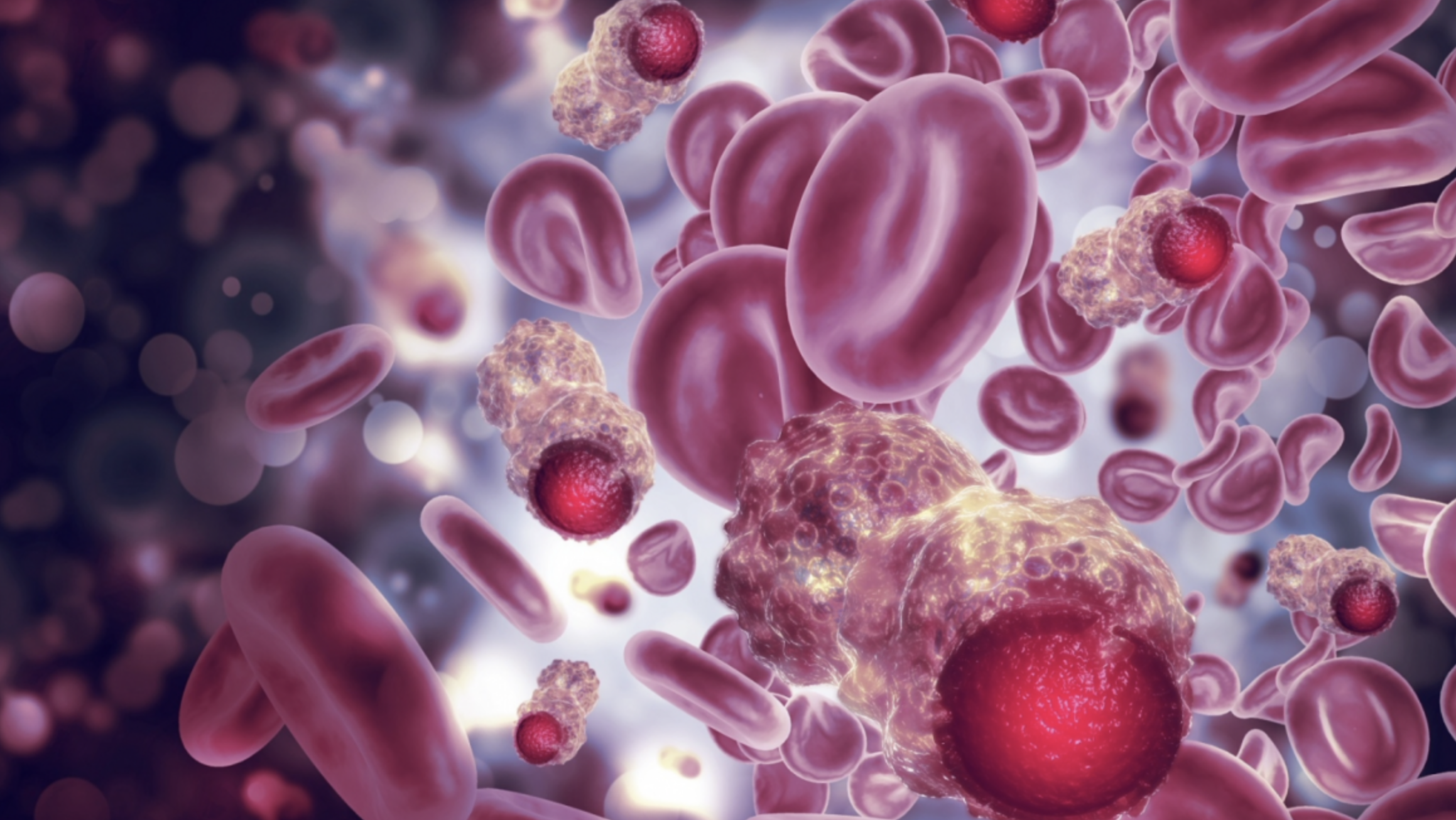Led by Dr. John Leonard, senior associate dean for innovation and initiatives, and Dr. Erica Phillips, associate director of community outreach and engagement at the Sandra and Edward Meyer Cancer Center, the research team will receive a combined total of $1.3 million over five years to establish the Blood Cancer Research Initiative Developing Greater Engagement with Community Patients (BRIDGE) program. The initiative will be supported by a $678,000 award from Genentech’s Health Equity Innovation Fund, awarded in February, and $622,000 from LLS’s IMPACT (Influential Medicine Providing Access to Clinical Trials) research grants, awarded in April.
An estimated 11,200 people are diagnosed annually with lymphoma, leukemia and myeloma in New York City. However, more than 50 percent of individuals with these cancers live in underserved and under-resourced communities in Brooklyn or Queens, and half are non-white. The five-year average incidence rate of myeloma in the neighborhoods of East Flatbush, Crown Heights North and Crown Heights South in Brooklyn, and Jamaica, Queens is twice the national average.
Barriers to the early detection and treatment of several cancers are multi-factorial but according to a recent study in Ethnicity & Disease led by Dr. Phillips and colleagues, the top barriers in these communities were economic instability, gaps in health literacy and discrimination experienced in the health care system. Growing literature reveals that low-income, uninsured minority adults and women are more likely to be negatively affected by the costs of cancer treatment and less likely to enroll in clinical trials. Participation often requires additional costs associated with more frequent clinic visits, testing, travel and childcare, and can result in loss of income from missing work.
NewYork-Presbyterian expanded in the last six years to include NewYork-Presbyterian Queens and NewYork-Presbyterian Brooklyn Methodist Hospital. As a result, patients living in those communities have expanded access to Weill Cornell Medicine’s physicians. Since 2018, Dr. Phillips has led foundational work by the Office of Community Outreach and Engagement of Weill Cornell Medicine’s Sandra and Edward Meyer Cancer Center that has resulted in a network of collaborations with more than 100 stakeholders in Brooklyn and Queens, including affiliated ambulatory care practices, cancer advocacy groups, community physicians and social service organizations.
Building on this strong foundation, the BRIDGE program consists of four core components. Community education and outreach teams will conduct workshops and provide written and web-based educational materials to inform patients about blood cancers and clinical trials. Patient navigators will offer one-on-one assistance to patients considering participation in clinical trials, such as making sure patients requiring transportation to NewYork-Presbyterian/Weill Cornell in Manhattan have access to a fund for trial-related expenses. The program team will provide education for community primary care physicians through continuing medical education courses and webcasts on patients’ participation in clinical trials and instruct local oncologists on aspects of clinical trial conduct. Finally, the BRIDGE program will provide staffing support for conducting clinical trials, including facilitating patient follow-up visits and data collection.
“Patient navigators who are culturally concordant with the patient populations in Brooklyn and Queens will empower people to inquire about eligibility to participate in clinical trials,” said Dr. Phillips, who is also an associate attending physician at NewYork-Presbyterian/Weill Cornell. “Patient navigation support has been shown in other settings to increase referrals of individuals from racial and ethnic minorities to cancer clinical trials more than three-fold.”
One example of a clinical trial now accessible through the BRIDGE program to patients living in Brooklyn is the PRospective Multiple Myeloma Impact Study (PROMMIS). It aims to determine whether a gene signature assay called the MMprofiler SKY92 would change physicians’ treatment intentions for newly diagnosed patients. The assay analyzes a sample from a patient’s bone marrow biopsy to look for a panel of genetic changes in tumor cells that may correlate with outcomes.
“We’re excited to launch the BRIDGE program and better serve our patients by extending our existing infrastructure,” said Dr. Leonard, who is also a paid consultant for Genentech. “We are beginning with a focus on blood cancers, but we hope that the critical mass of what we develop and learn from this initiative will allow us to expand the program to patients with other tumor types in the future.”
# # #
The article above first appeared on the Weill Cornell Medicine Newsroom website on May 6, 2021.

